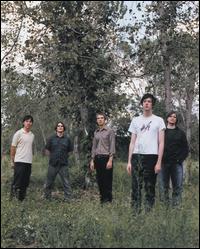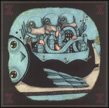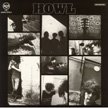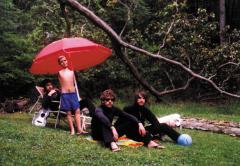
If at first you don’t succeed, try again every seven days. In 1999, Michael Zapruder began writing, recording and posting a new song online each week for a year. The results can be found at www.52songs.org, but the rewards are vast and varied. Listening to the Oakland, Calif., musician’s sophomore album, New Ways Of Letting Go (Howells Transmitter), is akin to hearing Rufus Wainwright croon over Andrew Bird’s simmering string arrangements. But Zapruder wasn’t always blessed with perfect pipes.
“Well, it’s funny,” he says. “I didn’t make my school chorus when I was a kid, and I was the guitar player for bands for a while. I remember I started to sing songs and people would come up to me and be like, ‘Hey man, you know your guitar playing is really good, but the singing is just … You know, don’t sing.’”
A bit of practice was all Zapruder needed, and by the end of his 52-song project, he had developed his smooth, silky delivery. People soon took notice. Nate Query (the Decemberists), Jonathan Segel (Camper Van Beethoven), Scott Solter (John Vanderslice) and more than a dozen other musicians make up the Rain Of Frogs, Zapruder’s carefully chosen backing band.
Zapruder’s orchestral compositions are complex but not overbearing (he studied music at Oakland’s Laney College), allowing for each Frog to hold its own without disrupting the balance of strings, piano and the occasional triangle or shaker. Surprisingly, the Rain Of Frogs network has no roots in Laney College, sprouting instead from various connections Zapruder made through friends or Pandora.com, where he’s the music curator.
“I think I’m surrounded by talented friends,” he says. “I thought it would be interesting and fun and would make a better record to open the door and say, ‘Anybody I know might be in this band.’ I mean, if you play anything and have good ideas, you might … you know. [Laughs] I’m totally serious. It’s a lot more fun to work like this.”
Michael Zapruder - The Alchemist.mp3





























